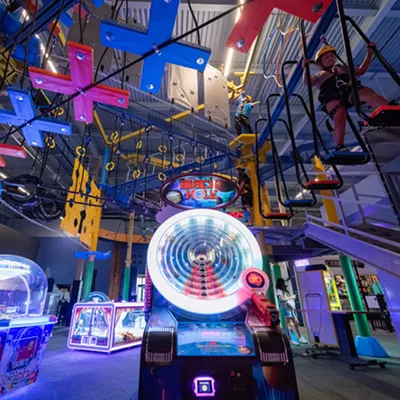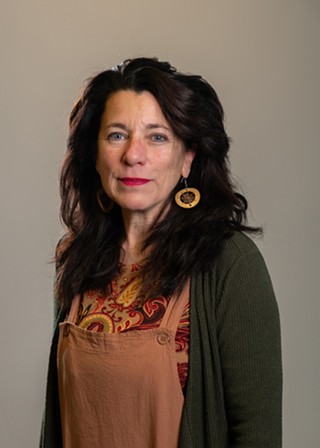Eric Sawyer has been the CEO and president of the Spokane Sports Commission for 25 of the nonprofit's 29-year history. He is excited about the increase in sports nationwide, as well as the ways in which Spokane benefits from being a sports destination.
Youth Sports on the Rise
Sports-related travel has grown faster than corporate, convention or leisure travel, says Sawyer. Increasingly those travelers are under 18 as club sports within youth programs have seen explosive growth.
Some of the growth may be due to Title IX (the federal law requiring gender-equitable sports opportunities). In the '70s, says Sawyer, one in 27 high school-aged girls was in an organized sport. Now it's one out of three.
Besides the social benefit of people being more active, especially kids, the economic impact in Spokane translates to more events, visitors and tourism dollars — from $27.8 million in 2013 to more than $53 million four years later.
Helping Spokane Stand Out
Spokane has gotten a boost from things like the NCAA's basketball tournament, which generates more than $4 million annually and, more importantly, gives Spokane 15 hours of national media exposure.
Competition for events is tough, says Sawyer. When he started at SSC, there were eight cities in the National Association of Sports Commissions, a nonprofit trade organization. Now there are more than 600.
"We as a region need to do a better job of branding," says Sawyer, who also sees a lot of potential in promoting the regional trail system.
Focusing on Facilities
Spokane's assets include its facilities, from visitor amenities to the Convention Center to sports facilities, many of which SSC advocates improvements to, such as Plantes Ferry in Spokane Valley, Mount Spokane's Nordic ski area and the BMX facilities at Dwight Merkel Sports Complex.
Sawyer is excited about the planned Sportsplex downtown, which is expected to boost incoming tourism dollars between $19 million and $33 million annually. It also complements existing downtown amenities, contributing to a thriving city center and will be made available for local organizations and programs.
"That's a total game-changer for us as a region," says Sawyer.



















